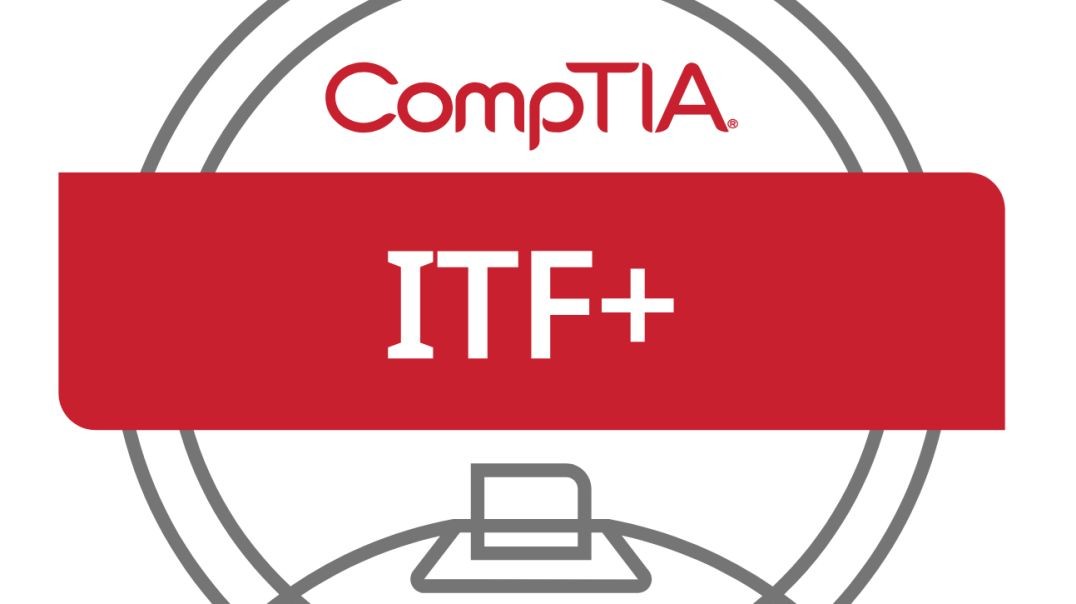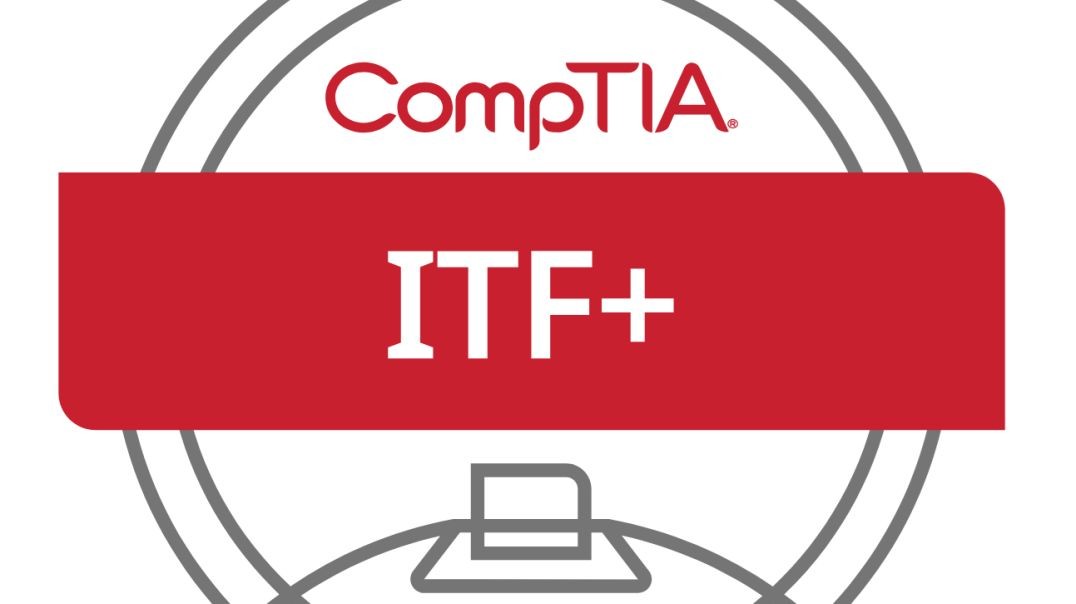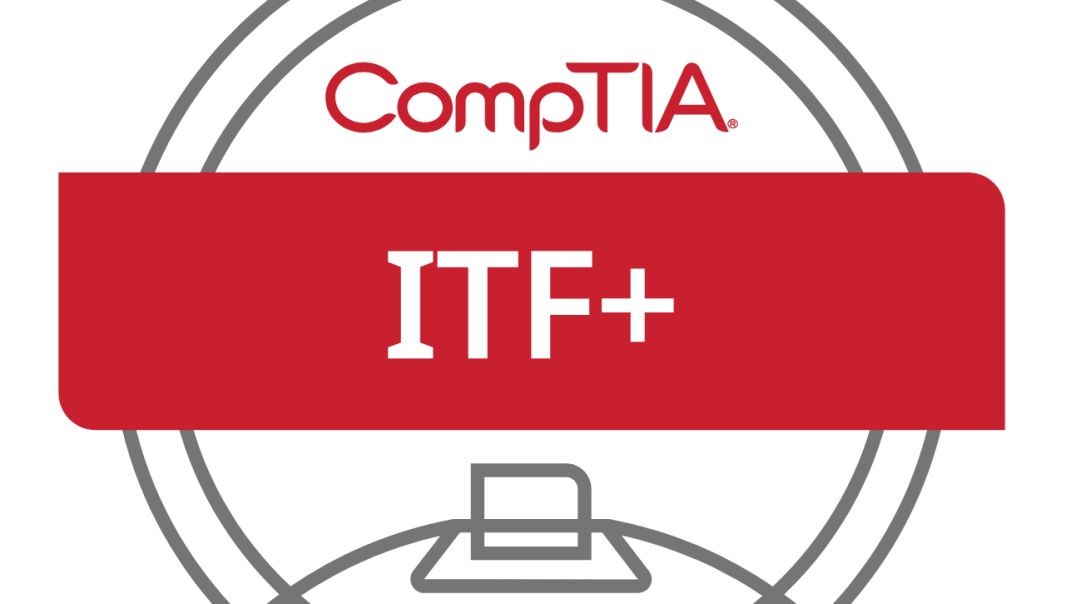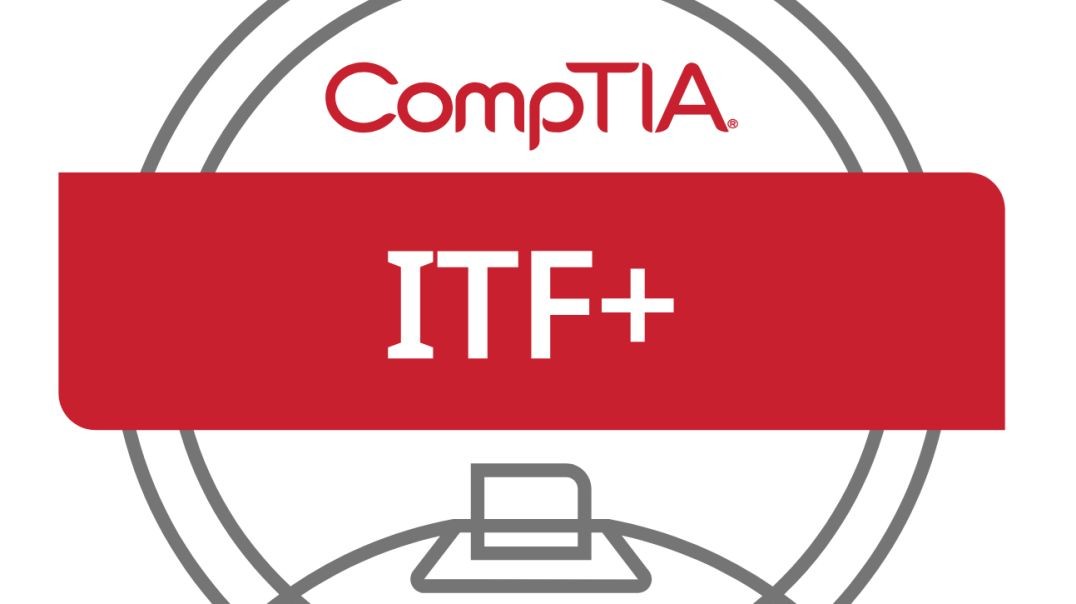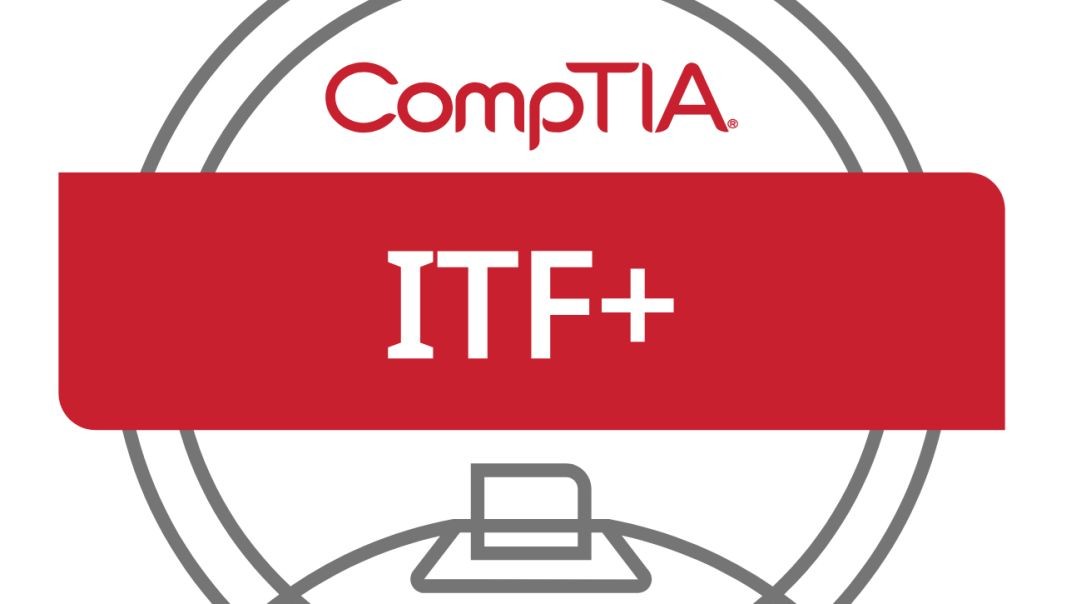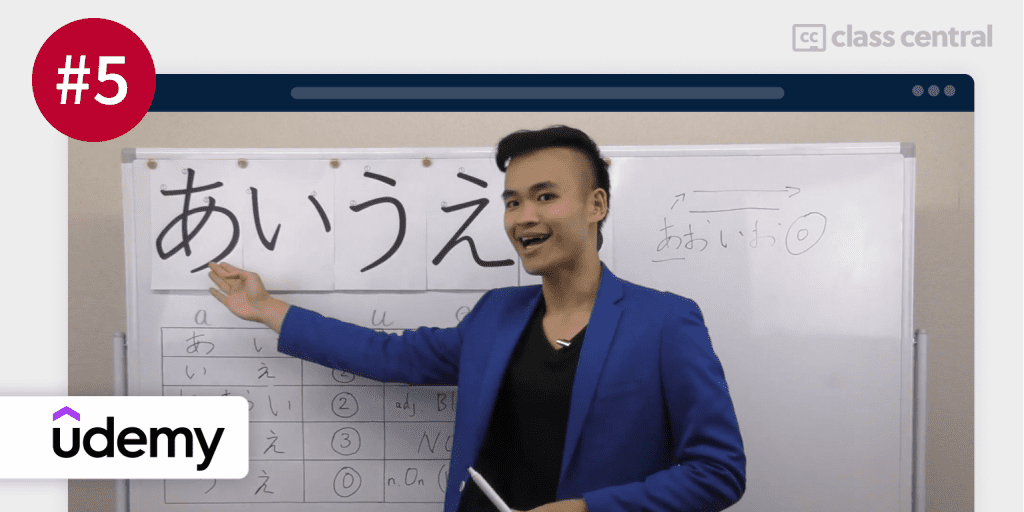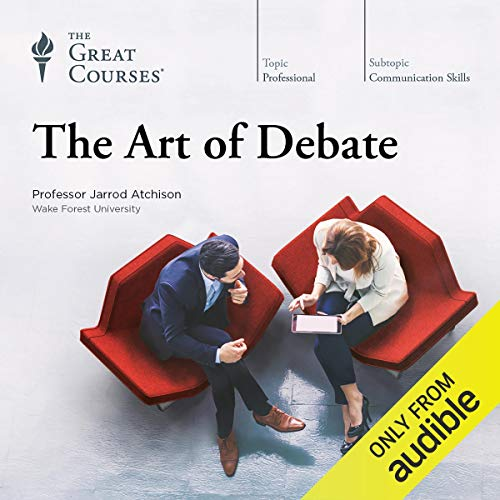Top videos
CompTIA IT Fundamentals+ Course | Module 12 Part 1: Software Applications
CompTIA IT Fundamentals+ Course | Module 14 Part 5: Testing the Theory
CompTIA IT Fundamentals+ Course | Module 16 Part 5: Relational Database
CompTIA IT Fundamentals+ Course | Module 17 Part 7
CompTIA IT Fundamentals+ Course | Module 5 Part 7: Storage Components
CompTIA IT Fundamentals+ Course | Module 6 Part 2: Storage Devices
CompTIA IT Fundamentals+ Course | Module 6 Part 3: Graphic Devices
CompTIA IT Fundamentals+ Course | Module 6 Part 7: Output Devices and Peripherals
OSN-K Informatika 2024
OSN-K Informatika 2024
CompTIA IT Fundamentals+ Course | Module 14 Part 1: Troubleshooting Methodology
CompTIA IT Fundamentals+ Course | Module 15 Part 7: Branching and Looping
CompTIA IT Fundamentals+ Course | Module 17 Part 6
CompTIA IT Fundamentals+ Course | Module 21 Part 1
CompTIA IT Fundamentals+ Course | Module 21 Part 2
As the political center of the Muslim world, Baghdad would have a role and importance unlike any other urban center on earth. Chart the building of Baghdad as an imperial capital; explore its monumental, Persian-inspired architectural design; and discover the human factors that made it one of the greatest centers of learning in human history.
No other single factor has impacted the economy, politics, and social life of the Middle East as profoundly as oil. Trace the 20th-century discovery of petroleum across the region by foreign oil companies, and observe the ensuing geopolitical conflicts with local governments. Consider what became known as the Middle East's oil curse.""
Debate gives you an honest assessment of an idea, and is therefore a powerful decision-making tool. Here, Professor Atchison walks you through the structure of a formal debate and explores when debate can help you the most. As you will learn, big and future-oriented decisions are ripe for formal discussion.
Now that you have explored the ways to build and defend a strong case, it's time to move on to varsity-level debate skills, starting with "even if" arguments. By starting with the premise that your opponent is right about everything, you can then explain why you should still win the debate-an extremely effective argument if performed well.
